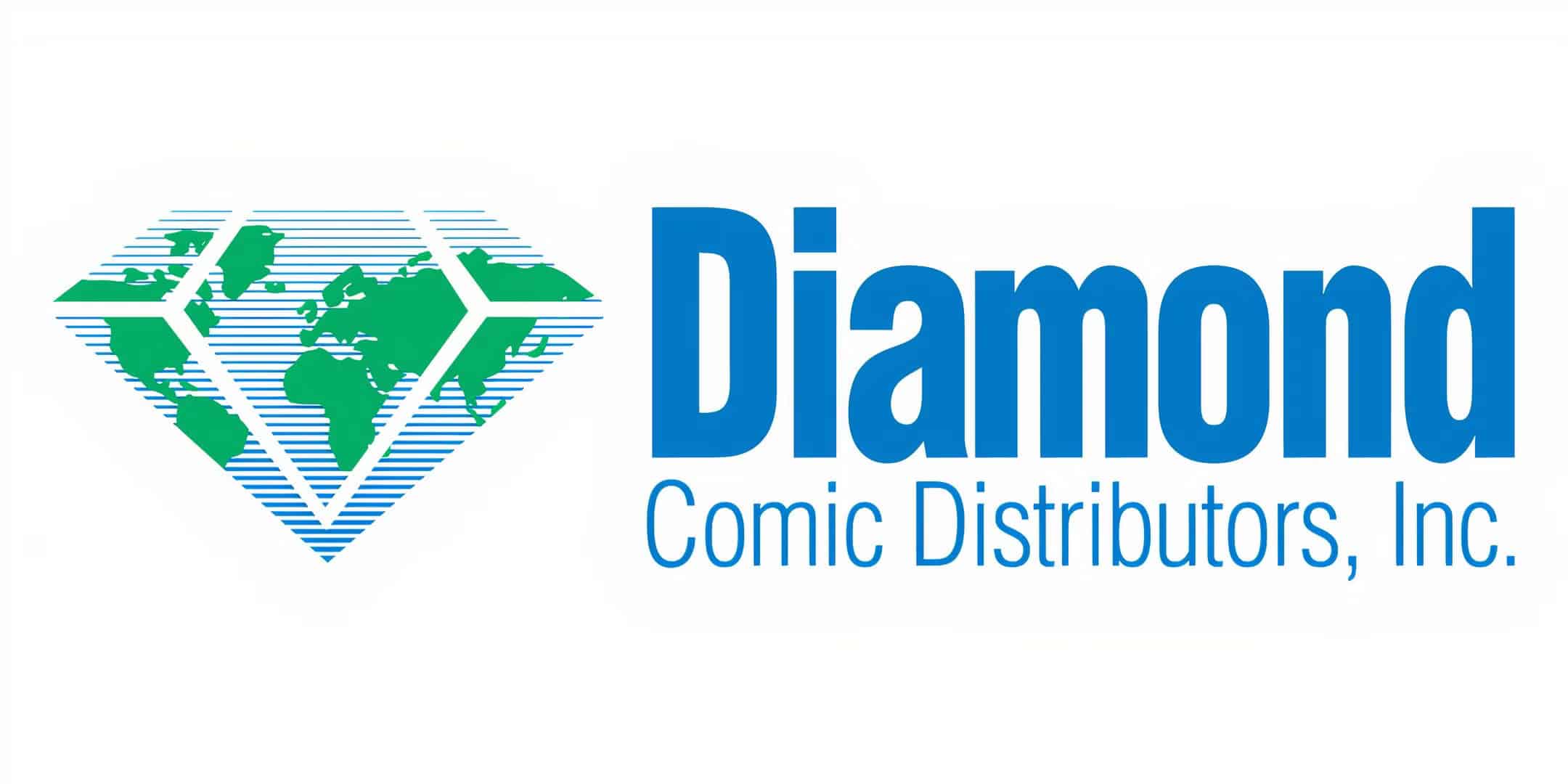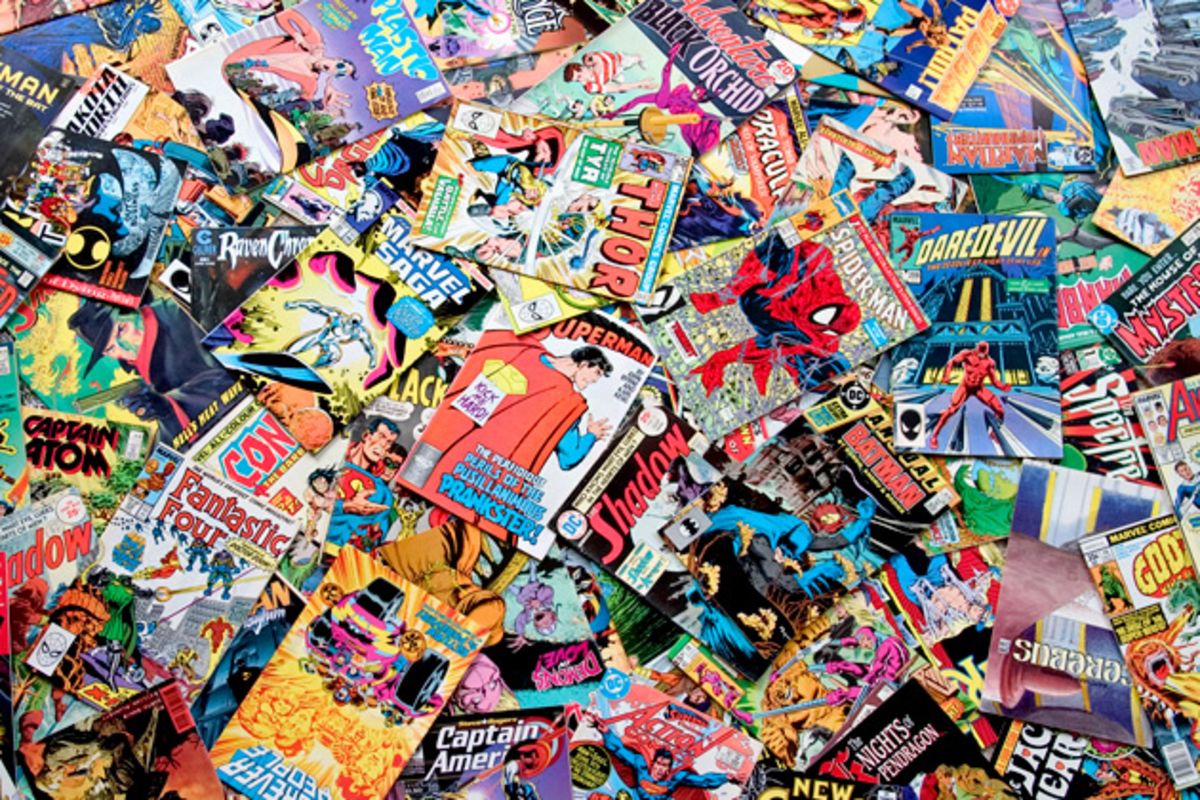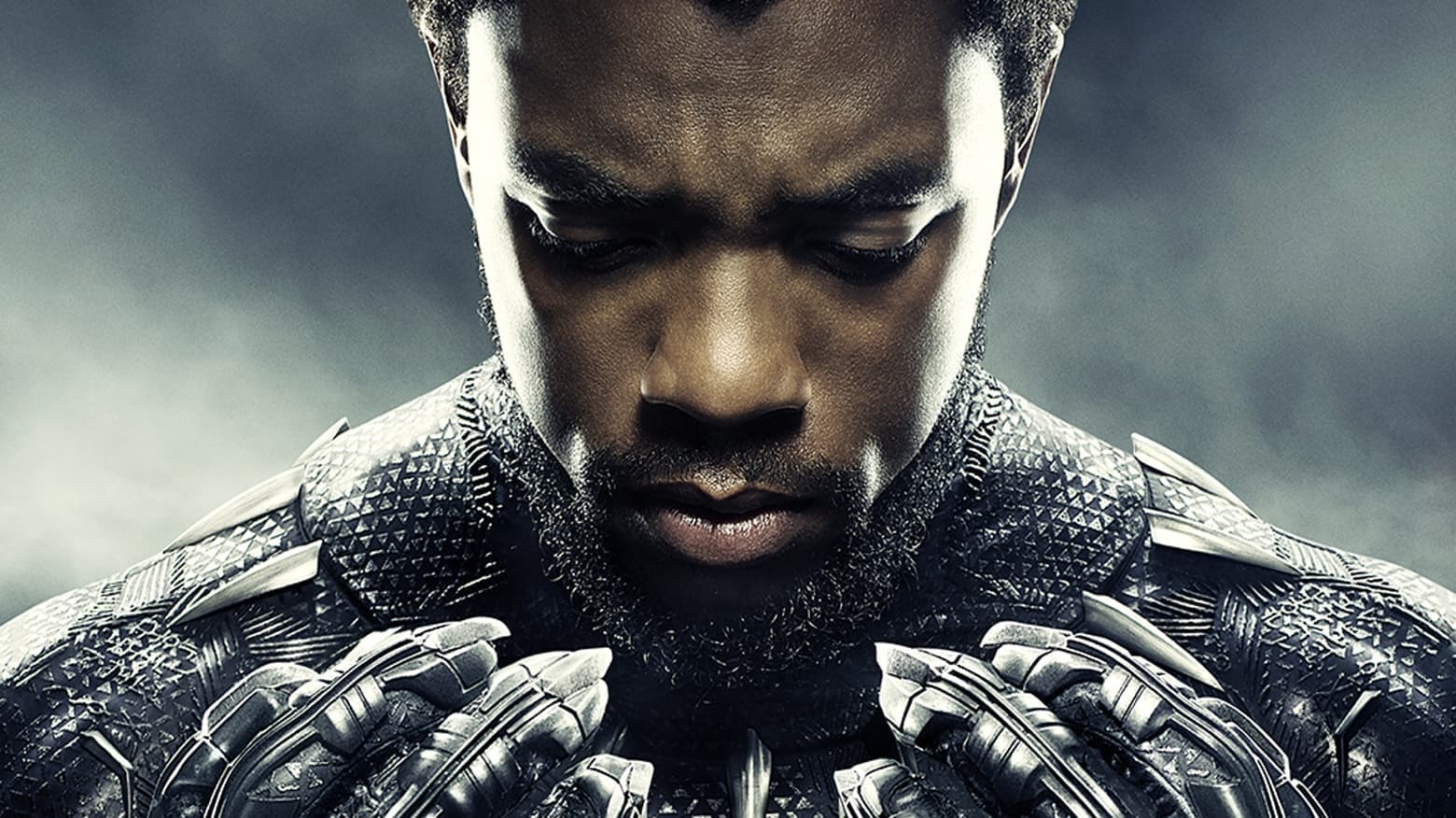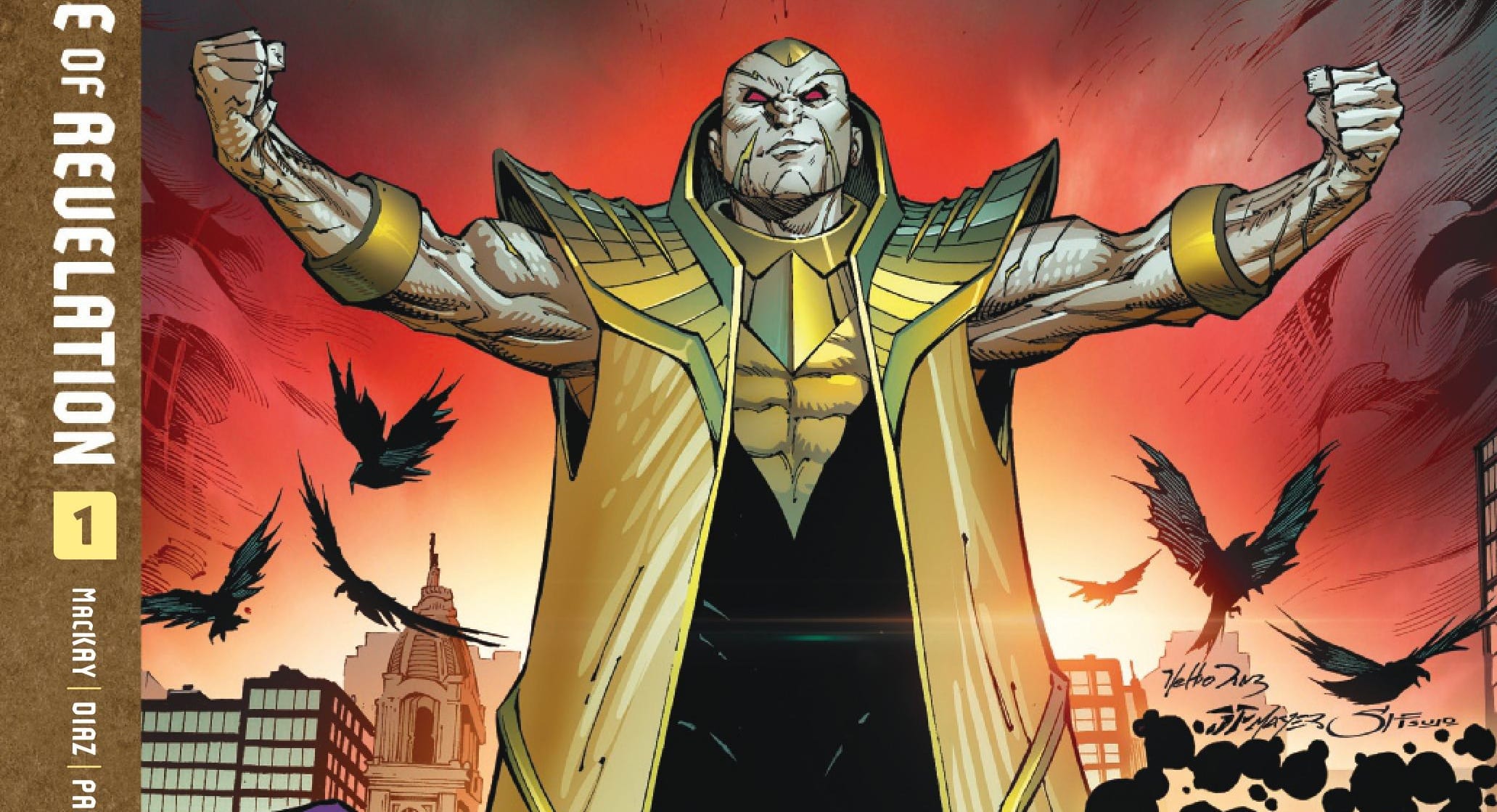On Jan. 26, my local comic shop will close for good.
“18 years is a long time to do anything, really, and after that long we simply do not have the fire in our hearts that we once did to give it everything it needs,” the owners of Level Up Entertainment in Mays Landing, New Jersey, wrote in an online farewell message, posted in December.
I feared the writing was on the wall in October when the store announced it would no longer be getting new books. This was about the same time Diamond Comic Distributors announced it was closing its Plattsburgh, New York, warehouse, and just a couple months after Penguin Random House announced it was buying BOOM Studios, the last major publisher to still be Diamond exclusive.
Taken altogether, the signs were clear: Change was coming for comics once again, whether comics wanted it or not.
Which brings us to Tuesday, when Diamond filed for Chapter 11 bankruptcy protection, seeking to restructure after most of the major comics publishers had moved away from relying solely on its services.
The Hunt Valley, Maryland-based company, founded in 1982 by Steve “Mamanook” Geppi, says it plans to sell off key assets to remain afloat, starting with a deal to sell subsidiary Alliance Game Distributors to Canada-based Universal Distribution, and possibly also Diamond UK.
(Geppi Family Enterprises consists of a number of companies and sub-companies, including Diamond Comic Distributors, Diamond Book Distributors, Previews, Gemstone Publishing, Game Trade Magazine and Baltimore Magazine.)
“This step is intended to stabilize our financial foundation and protect the most vital aspects of our business,” Diamond President Chuck Parker said in a letter to publishers and retailers. “The Diamond leadership team and I have worked tirelessly to avoid this outcome but the financial challenges we face have left us with no other viable option.”
In its petition for bankruptcy protection, Diamond listed Penguin Random House as its biggest creditor, citing an unsecured claim of more than $9.2 million. Other major creditors include Bandai ($4.3 million), NECA ($2.7 million), Disney Consumer Products ($1.7 million) and Hasbro ($1.1 million).
Parker said the company is committed to operating throughout the restructuring process.
“Our plan is to continue fulfilling orders in a complete and timely fashion and we are working hard to minimize any disruptions to your orders,” he told the retailers.
In a late Tuesday move, competitor Lunar Distribution told retailers it would accept late orders for Image Comics from those stores now skittish about Diamond’s ability to deliver.
Diamond’s troubles date back at least five years, when the company shut down its facilities at the beginning of the COVID-19 pandemic and as a result shut down the majority of the industry for about two months. Not long after, DC Comics left Diamond to pursue relationships with two new distributors, one of which, Lunar, still exists and has grown to include Image, AHOY Comics, Oni Press, Mad Cave Studios, Magma Comix and others.
Prior to this, for nearly 25 years, dating to Marvel’s bankruptcy in 1996 — itself spawned in part by the publisher’s ill-fated attempt to own its own distributor — Diamond was effectively the only game in town, to the point that it was subject to an antitrust investigation by the U.S. Department of Justice, which it ultimately cleared in 2000.
After DC left Diamond for Lunar, in 2021, Marvel shifted distribution to Penguin Random House, a move followed by IDW, Dark Horse Comics and, most recently, BOOM Studios, which PRH purchased last year.
While Diamond has continued to co-distribute many of these comics, with the exception of DC, it remains the sole distributor for a number of midsize to smaller publishers, such as Dynamite, Archie, DSTLRY and Valiant, all of whom would have to find a new home if Diamond were to suddenly halt operations.
Meanwhile, the shutting of Diamond’s Plattsburgh center siphoned all distribution through its center in Olive Branch, Mississippi, far away from where many U.S. comics are printed in Canada and the major population centers around New York City. This has resulted in weeks of comics shops getting their books late, meaning pissed off retailers, and in turn pissed off readers.
Speaking of Canada, a plan by President-elect Donald Trump to impose a 25% tariff on Canadian imports is expected to drive up the cost to print comics there (not to mention tariffs as high as 60% on imports from China, another major source of comics printing), forcing publishers to find new U.S. businesses to take on that task in a cost-effective manner or to figure out how to pass those inflated costs down the supply chain in a medium where many new, 20-page books cost $4.99.
That feels like an abrupt swerve in topic, but it all comes down to this: Comics are headed into uncharted waters in 2025.
Again.
Maybe the smaller publishers will follow their bigger colleagues and abandon Diamond for PRH or Lunar. Maybe we’ll see more publishers fold. Maybe we’ll see a renewed push for crowdfunding, now that Bluesky appears to offer a better chance of getting your campaign seen than X or Facebook. Maybe comics publishers increase their prices and drive away more readers. Maybe digital comics finally take up a bigger portion of the market, or maybe comics, like TV, movies and music, become more subscription based, with platforms like Marvel Unlimited and DC Universe Infinite becoming the standard. Maybe comic shops need their own version of that Nicole Kidman ad that plays before movies at AMC theaters. Heck, maybe everything becomes Webtoon, just yards and yards of vertical scrolling comics.
Maybe times get tough, and maybe they get better.
Comics are always dying, but comics are always surviving, too. They survived the Wertham hearings, the DC Implosion, Marvel’s bankruptcy, COVID and multiple recessions. They’ll survive this.
Then again, the next closest comic shop to me that sells new books will soon be about an hour away, which pretty much disincentivizes me having a pull list anywhere, so maybe I should cool it with the last-second pollyanna attitude.
Dan Grote is the editor and publisher of ComicsXF, having won the site by ritual combat. By day, he’s a newspaper editor, and by night, he’s … also an editor. He co-hosts The ComicsXF Interview Podcast with Matt Lazorwitz. He lives in New Jersey with his wife, two kids and two miniature dachshunds, and his third, fictional son, Peter Paul Winston Wisdom. Follow him @danielpgrote.bsky.social.






